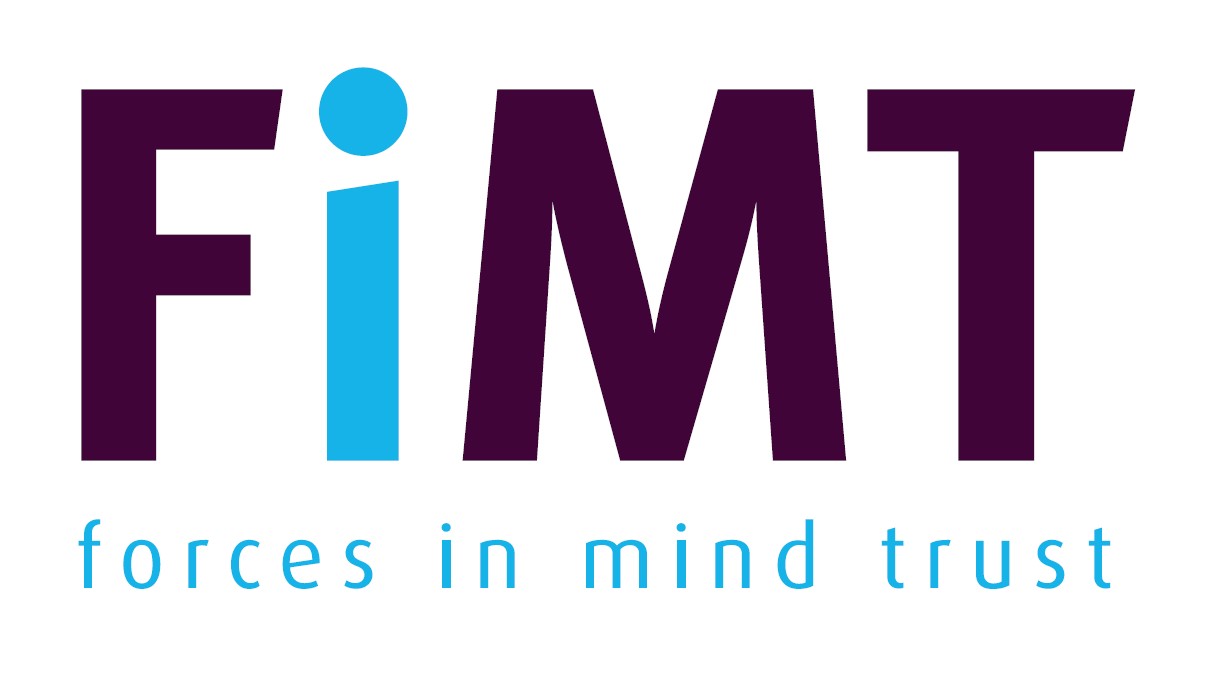Thanks to a grant award of £97,444 by the Forces in Mind Trust (FiMT) to Edinburgh Napier University, an innovative research project will test how prevalent a new type of Post-traumatic Stress Disorder (PTSD), known as Complex PTSD (CPTSD)*, is in ex-Service personnel in order to provide more appropriate treatment.
This is the first study to test the theory on ex-Service personnel, though 10 previous studies have supported there being a difference between the two disorders. CPTSD culminates from childhood trauma and multiple traumatisation and there is a need for a different treatment approach to PTSD.
Previous research has shown CPTSD often requires a more lengthy, well-coordinated treatment plan with different interventions than that offered to those suffering non-complex PTSD.
There is evidence to suggest a substantially high percentage of military personnel will have been exposed to childhood trauma and/or multiple combat stressors commonly associated with CPTSD and, following various studies suggesting veterans with PTSD have poorer treatment responses to non-veterans, researchers of this study believe the reason for this is that many veterans would meet the criteria for CPTSD and as such, require a different treatment approach for it to be successful.
Researchers will determine the prevalence of this new category of PTSD in UK ex-Service personnel for the first time using the International Trauma Questionnaire. This will determine if there are distinct groups of participants with symptoms reflecting the two differing sibling disorders of PTSD and CPTSD, and will determine how presentations of PTSD and CPTSD differ in these groups.
Ray Lock, Chief Executive of the Forces in Mind Trust, said:
“This is highly significant research that will enable more tailored treatment to be provided to ex-Service personnel suffering Complex PTSD. Findings from this project have the potential to transform how the post-Service community are cared for in the UK, improving the well-being of the individuals concerned, and indirectly the quality of life of their families.”
Professor Thanos Karatzias, Professor of Mental Health and Director of Research at Edinburgh Napier University, said:
“We are really excited to have received funding to explore the newly released ICD-11 Post Traumatic Stress Disorder (PTSD) and Complex PTSD (CPTSD) in military personnel for the very first time. CPTSD requires a different, more intensive treatment approach than PTSD but at the moment it is unknown how many people are affected by it. By describing the nature and extent of these two conditions, we will be in a better position to describe how to triage veterans presenting with traumatic stress in order to identify those individuals who require more intensive treatment.
“We envisage that findings from this study will help improve service user experiences of treatment, reduce treatment drop-out and improve treatment outcomes for veterans with CPTSD.”
Note to Editor:
*CPTSD has been proposed as a new and qualitatively different ‘sibling disorder’ of PTSD, to be entered within the international classification of personality disorders (ICD-11) which is due to be published this year.
Ray Lock is available for interview. To arrange please contact Tina McKay, Communications Officer at FiMT on co@fim-trust.org or on 07956 101132 or 0207 901 8916.
About the Forces in Mind Trust (FiMT):
FiMT came about from a partnership between the Big Lottery Fund (‘the Fund’), Cobseo (The Confederation of Service Charities) and other charities and organisations. FiMT continues the Fund’s long-standing legacy of support for veterans across the UK with an endowment of £35 million awarded in 2012. http://www.biglotteryfund.org.uk/.
The mission of FiMT is to enable ex-Service personnel and their families make a successful and sustainable transition to civilian life, and it delivers this mission by generating an evidence base that influences and underpins policy making and service delivery.
FiMT awards grants (for both responsive and commissioned work) to support its change model around 6 outcomes in the following areas: Housing; Employment; Health and wellbeing; Finance; Criminal Justice System; and Relationships. All work is published in open access and hosted on the Forces in Mind Trust Research Centre’s Veterans and Families Research Hub https://www.vfrhub.com/. A high standard of reportage is demanded of all grant holders so as to provide a credible evidence base from which better informed decisions can be made.
Useful links:
Website: www.fim-trust.org
Reports: www.fim-trust.org/reports/
Who we have helped: www.fim-trust.org/who-we-have-helped/
Twitter: @FiMTrust
About the Mental Health Research Programme: www.fim-trust.org/mental-health/research-programme/
About Edinburgh Napier University:
Edinburgh Napier University, which takes its name from the brilliant 16th century mathematician John Napier, has more than 19,000 students from more than 130 countries. Its six Edinburgh-based Schools are spread across three campuses, and it also has transnational education partnerships in Hong Kong, China, India, Sri Lanka, Thailand, Singapore and Switzerland. Teaching programmes have strong links with industry, and more than half of the university’s research was recognised as world-leading or internationally excellent in the most recent Research Excellence Framework review. Through the Bright Red Triangle, the university offers a one-stop shop for extra-curricular innovation and enterprise activities.

















